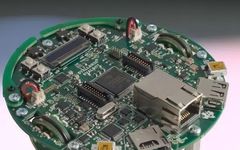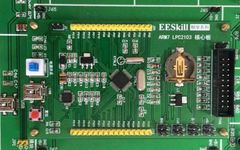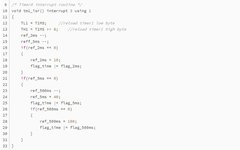Performance Characteristics and Usage Experience of Microcontrollers Commonly Used in Robotics
Click above “China Command and Control Society” to follow us! Many friends who have just come into contact with robots or microcontrollers may be confused by the various types of microcontrollers. What are the differences between them? Which microcontroller is better for controlling robots? Once we choose a microcontroller, what shortcuts can we take to … Read more









